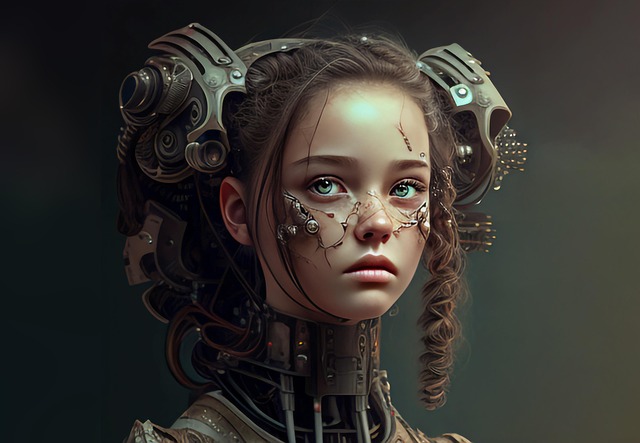
Google I/O 2025: Unveiling the Future of Technology
Google's annual developer conference, Google I/O 2025, took place on May 20-21 at the Shoreline Amphitheatre in Mountain View, California. This year's event showcased groundbreaking advancements in artificial intelligence (AI), mobile operating systems, and mixed reality technologies. In this comprehensive overview, we'll delve into the key announcements and innovations that emerged from the conference.

AI Innovations and the Gemini AI Model
Artificial intelligence was at the forefront of Google's announcements at I/O 2025. The company introduced significant updates to its Gemini AI model, aiming to enhance user experiences across various platforms.
Introduction of Gemini 2.5
Google unveiled Gemini 2.5, the latest iteration of its AI model, which boasts improved efficiency and advanced capabilities. This model is designed to provide more accurate and context-aware responses, enhancing interactions across Google's services. (ft.com)
AI Mode in Google Search
A notable development is the introduction of 'AI Mode' in Google Search. This feature transforms the traditional search experience into a conversational interface, allowing users to engage in more natural and intuitive interactions. AI Mode is currently available to all U.S. users via Google Search and Chrome, building on last year's 'AI Overviews.' (ft.com)

Android 16: The Next Generation of Mobile Operating Systems
Android 16 was a highlight of the conference, introducing several new features aimed at enhancing user experience and device performance.
Enhanced Support for Foldables
Android 16 brings improved support for foldable devices, offering a more seamless and intuitive experience for users of these innovative smartphones. (androidcentral.com)
Live Updates for Notifications
The new Live Updates feature provides real-time status for ongoing activities, such as food delivery or navigation, similar to Apple's Live Activities. (globalpublicist24.com)
Advanced Camera Features
Android 16 introduces advanced camera capabilities, including enhanced computational photography and AI-driven image processing, enabling users to capture stunning photos in various lighting conditions. (toxigon.com)

Project Moohan: Google's Foray into Mixed Reality
Google's collaboration with Samsung and Qualcomm led to the development of Project Moohan, a mixed reality (XR) headset designed to blend the physical and digital worlds seamlessly. This initiative signifies a significant step towards mainstreaming XR technologies, potentially transforming how we work, play, and live. (niais.org)

Wear OS and Android Auto Enhancements
Google's wearable and automotive platforms received notable updates during the conference.
Integration of Gemini AI into Wear OS
Wear OS now integrates Gemini AI, offering users enhanced health tracking features and more personalized experiences. (techfoogle.com)
Expanded Support for Third-Party App Development
Android Auto has expanded support for third-party app development, allowing developers to create more diverse and innovative applications for the platform. (techfoogle.com)
Google Workspace Innovations
Google's suite of productivity tools, including Docs, Sheets, and Gmail, received AI-powered updates to enhance productivity.
AI-Assisted Content Generation
New AI features assist users in generating content more efficiently, streamlining workflows and improving overall productivity. (cybernews.com)
Smart Scheduling Tools
Enhanced scheduling tools leverage AI to suggest optimal meeting times and manage calendars more effectively. (cybernews.com)
Google's Strategic Shift Towards AI
The announcements at Google I/O 2025 reflect the company's strategic pivot towards integrating AI across its platforms. By embedding advanced AI capabilities into its products and services, Google aims to provide more intuitive and personalized user experiences. (ft.com)
Conclusion
Google I/O 2025 showcased the company's commitment to innovation, with significant advancements in AI, mobile operating systems, and mixed reality technologies. These developments are set to redefine user interactions and set new standards in the tech industry.
